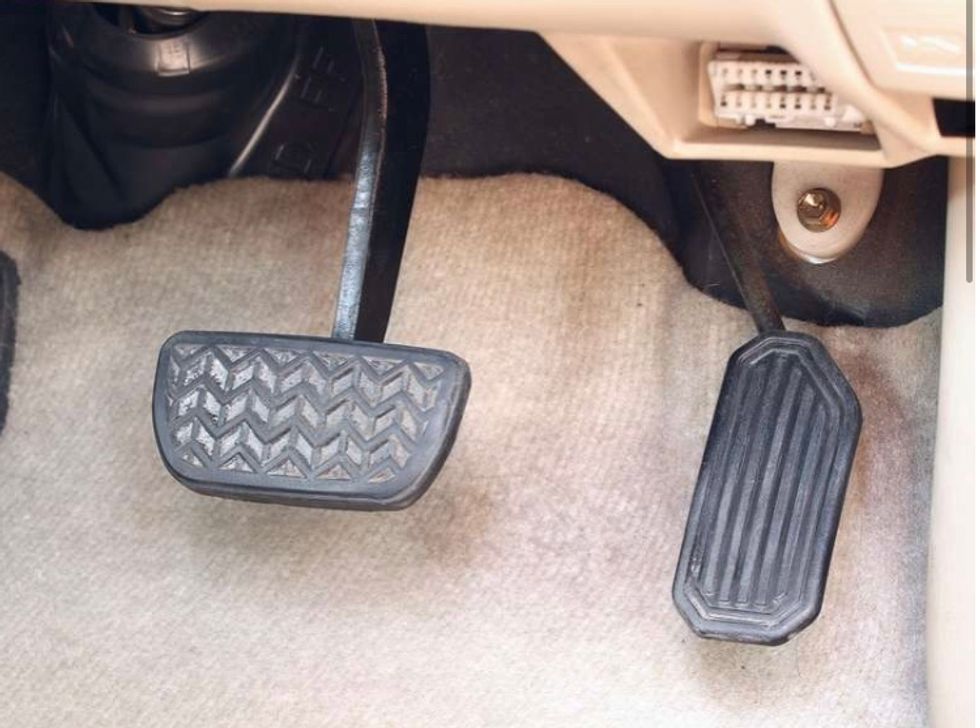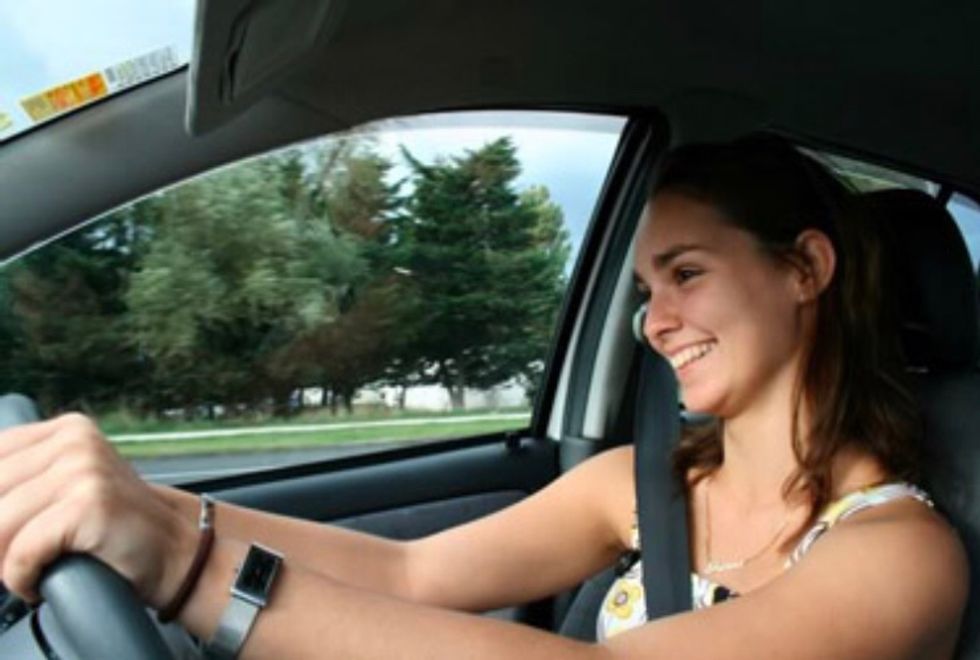In this technology driven world, nearly every adult has their driver's license. Here are some of the most crucial tips for learning how to pass your test with flying colors.
6. Only go as fast as you are comfortable
The most important part of driving is feeling in control of the vehicle. You aren't able to safely drive when you are going too fast to pay attention to the other aspects of driving. Even if other cars are passing you, as long as you are staying close to the speed limit, picking a speed that you are comfortable with is the best thing you can do for everyone of the road.
5. Master managing the brake and gas pedals
Since you only use one foot to press down both the gas and the accelerating, being able to switch between using the brake and gas pedals quickly and smoothly is key to being a good driver. Being fast while switching between the pedals is paramount in an emergency situation. If a car or pedestrian suddenly stops or crosses your path, you will need to be able to navigate to the brake pedal within a fraction of the second. This simple action could potentially save the life of you and any other person involved. In more ordinary situation, knowing how much pressure is needed to gradually decelerate or accelerate can make for more fluid and safer transitions.
4. Check your mirrors!
As if it isn't complicated enough to check where you are going, you have to be aware of what is occurring behind and to the side of your vehicle at all times. It is recommended to check your rear-view mirror and side mirrors at least every five seconds. This is important because cars changes their position constantly and can often land in a blind spot. Knowing where obstacles and other cars are in relation to you are the most important when coming to a stop, making a lane change, and turning.
3. Look where you are going, not where you are
Other than sounding like inspirational advice, this advice can help you stay focused on the task at hand. Looking at where you are going allows you to prepare for changes that you might need to make such as switching lanes. Paying attention to where you are can also be overwhelming as it is constantly changing which can distract you from making those necessary changes.
2. Be relaxed!
If you notice that you are gripping the wheel too tightly or tensing your muscles while driving, there is a possibility that you might be stressed out. The best thing that you can do in that situation is to focus on being calm and eliminate those anxieties. If you become stressed in a fast paced and possibly dangerous situation, then your judgement will become clouded, rendering you response as dangerous. Not being relaxed can also result in rigid behavior such as slamming on the brakes or overcompensating on turns. Of course, in order to avoid being stressed while learning how to drive avoid weather conditions such as snow or rain. Starting to drive in a neighborhood and working your way up to a faster and busier climate is also a good way to ensure comfort.
1. Do NOT text while driving
Everyone has at least heard of this advice and for good reason. In fact, according to The National Safety Council, one out of four crashes are caused by texting and driving. In order to avoid making a destructive decision, it is better to put your phone in the glove compartment as to avoid looking down at it. This advice applies for everyone, but especially young and new drivers. Other distractions such as listening to music, talking with a passenger, or even thinking about a problem can inhibit your ability to focus on all the details that are demanded of you are a safe driver. Driving a car leads to so many new experiences and factors to keep track of. Do not let yourself, or anyone you know, have one of those factors be texting while driving.












 The minimum wage is not a living wage.
StableDiffusion
The minimum wage is not a living wage.
StableDiffusion
 influential nations
StableDiffusion
influential nations
StableDiffusion












